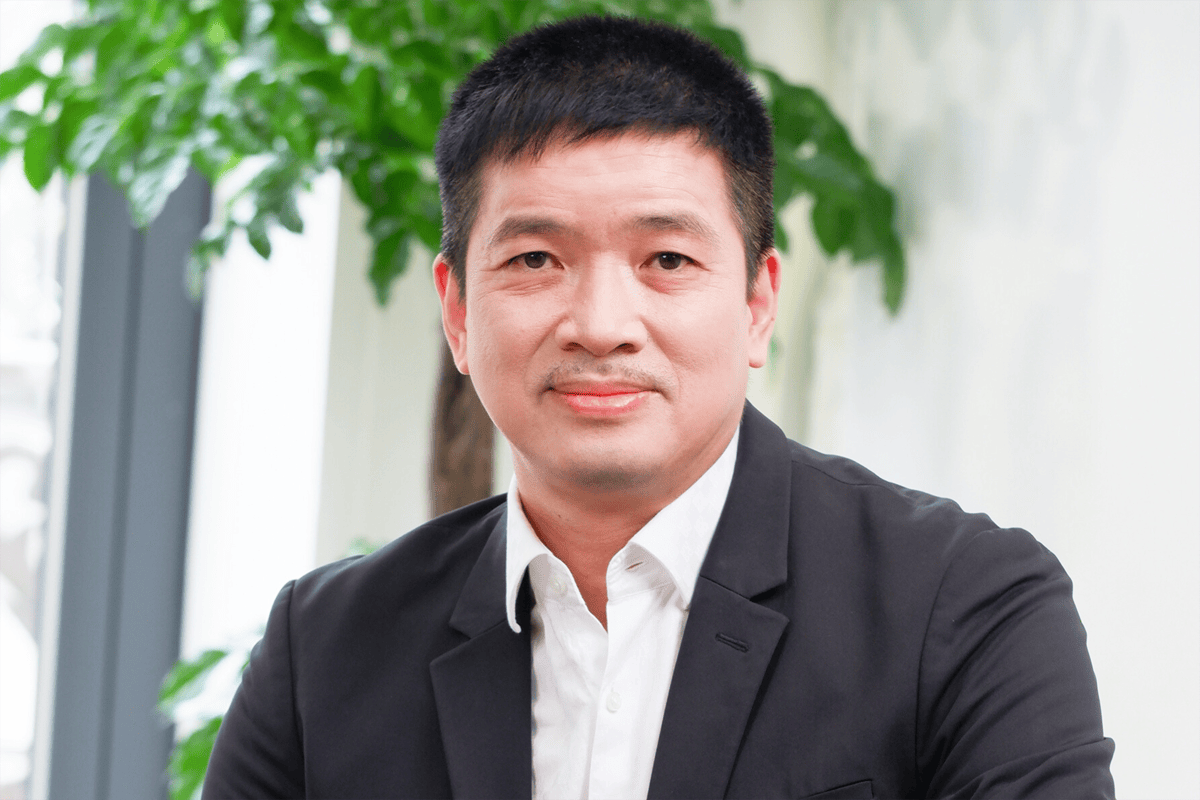
To promote growth and keep up with global trends, the Prime Minister has tasked the Ministry of Finance with preparing a report to issue a resolution allowing the pilot operation of cryptocurrency and virtual asset exchanges. This will create conditions for investors, organizations, and individuals in Vietnam to have a legal environment for trading, investing, and buying/selling digital assets.
According to Chainalysis, Vietnam ranks in the top three globally in the cryptocurrency adoption index. From July 2022 to July 2023, the flow of cryptocurrency and virtual assets into Vietnam reached $120 billion, a 20 percent increase from the $100 billion recorded in the 2021-2022 period.
Vietnam has many advantages for developing digital assets. But at the same time, regulatory agencies need to promptly establish legal regulations to manage this new type of asset.
At a seminar on managing centralized tokenized asset exchanges organized by the Vietnam Blockchain Association, Phan Duc Trung, Chair of the Association, commented that piloting tokenized asset exchanges demonstrates the government’s strong determination to build a legal framework for managing virtual assets.
According to Trung, legalizing decentralized finance not only ensures the legality of tokenized assets but also promotes technological innovation, helping Vietnam take full advantage of resources from the rapidly growing digital asset market. However, the exchanges will come with significant compliance costs, posing a major challenge for businesses lacking sufficient financial capacity.
Risks from unlicensed cryptocurrency exchanges
Alongside development opportunities, as the pilot operation of tokenized asset exchanges is implemented, the existence of unlicensed cryptocurrency exchanges poses numerous risks, particularly related to financial security and crime prevention.
Duong Duc Hung from Ministry of Public Security noted that while Vietnam has not yet recorded major cases related to terrorism financing via cryptocurrency, the risk is very real and increasingly growing.
He proposed new policies to handle unlicensed exchanges, with high administrative fines and criminal prosecution if they are found to be involved in terrorism financing or money laundering.
Ensuring safety and transparency in tokenized asset transactions is also a critical issue. Hoang Van Thuc from the Government Cipher Committee believes there needs to be a system of technical standards for cryptography, stablecoins (cryptocurrencies with stable value), and tokenized asset exchanges.
Developing a set of information security criteria and regulations for inspecting and certifying security levels will help ensure the safe and reliable operation of the market.
Van Anh